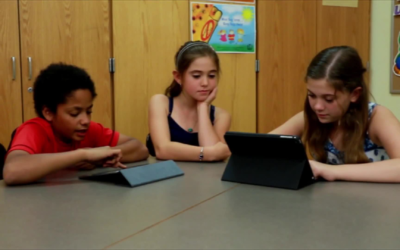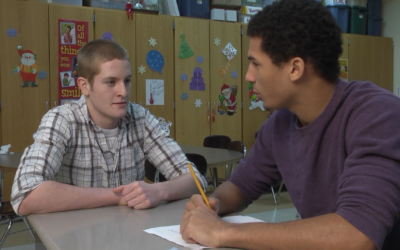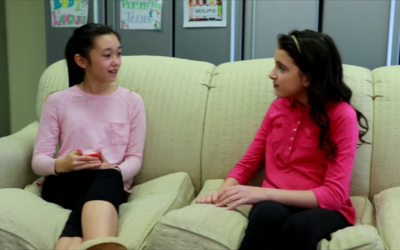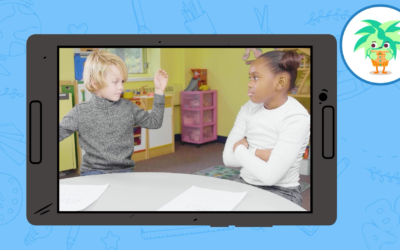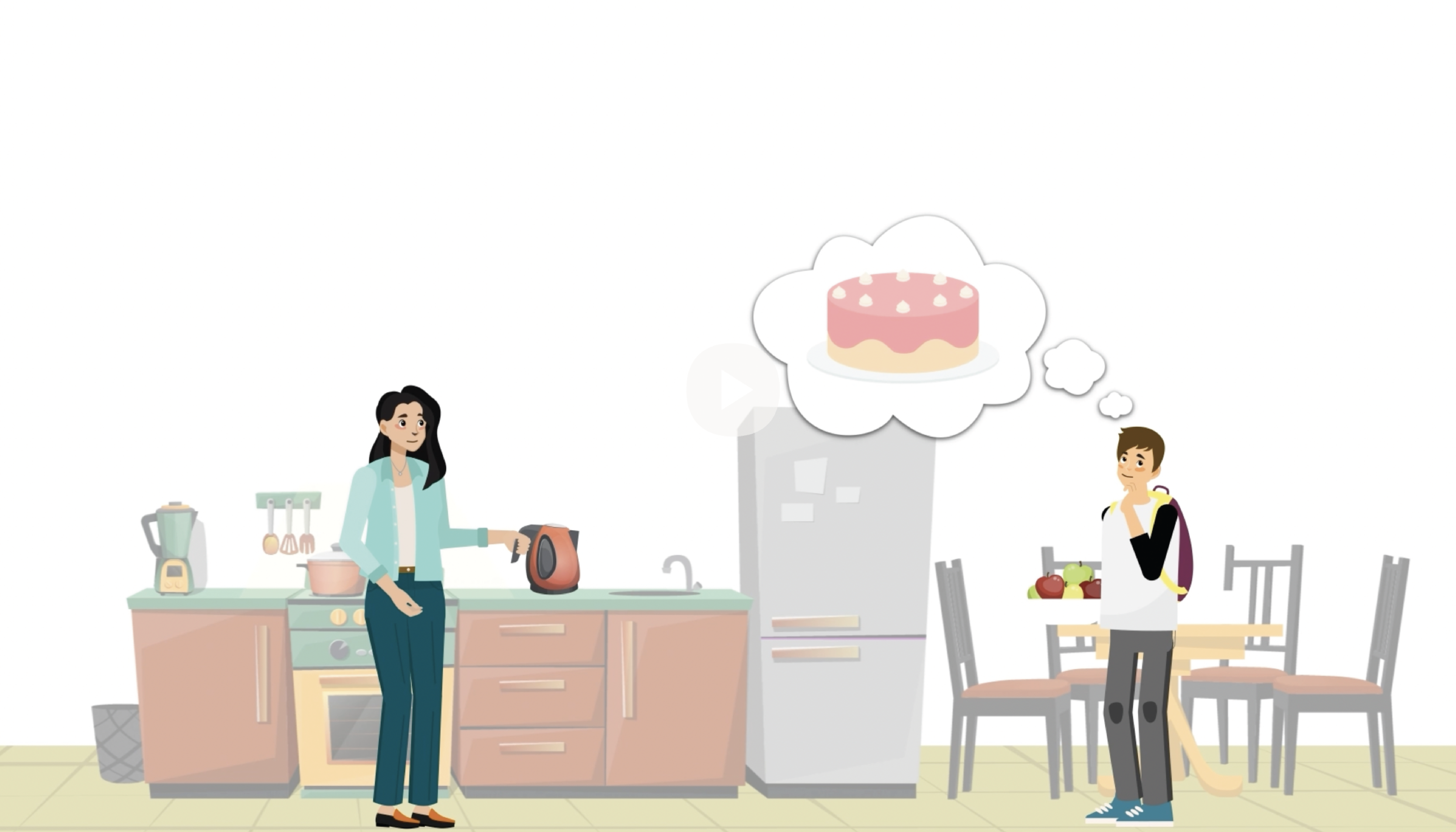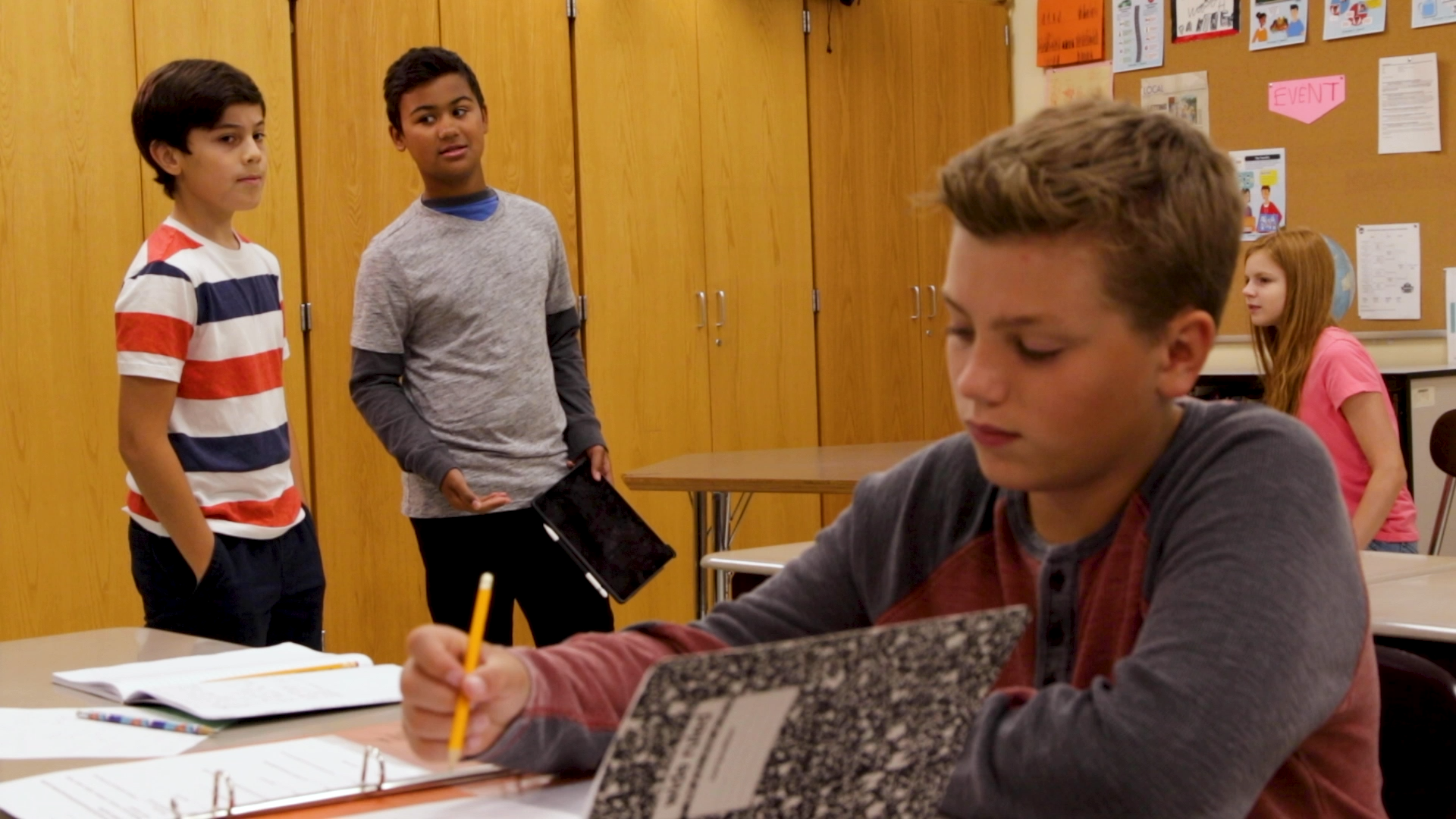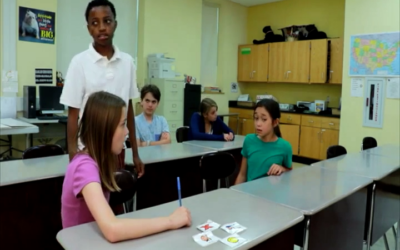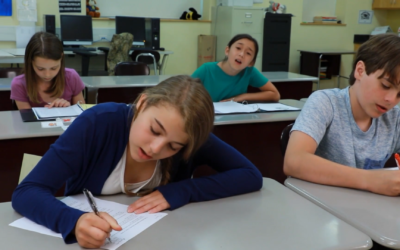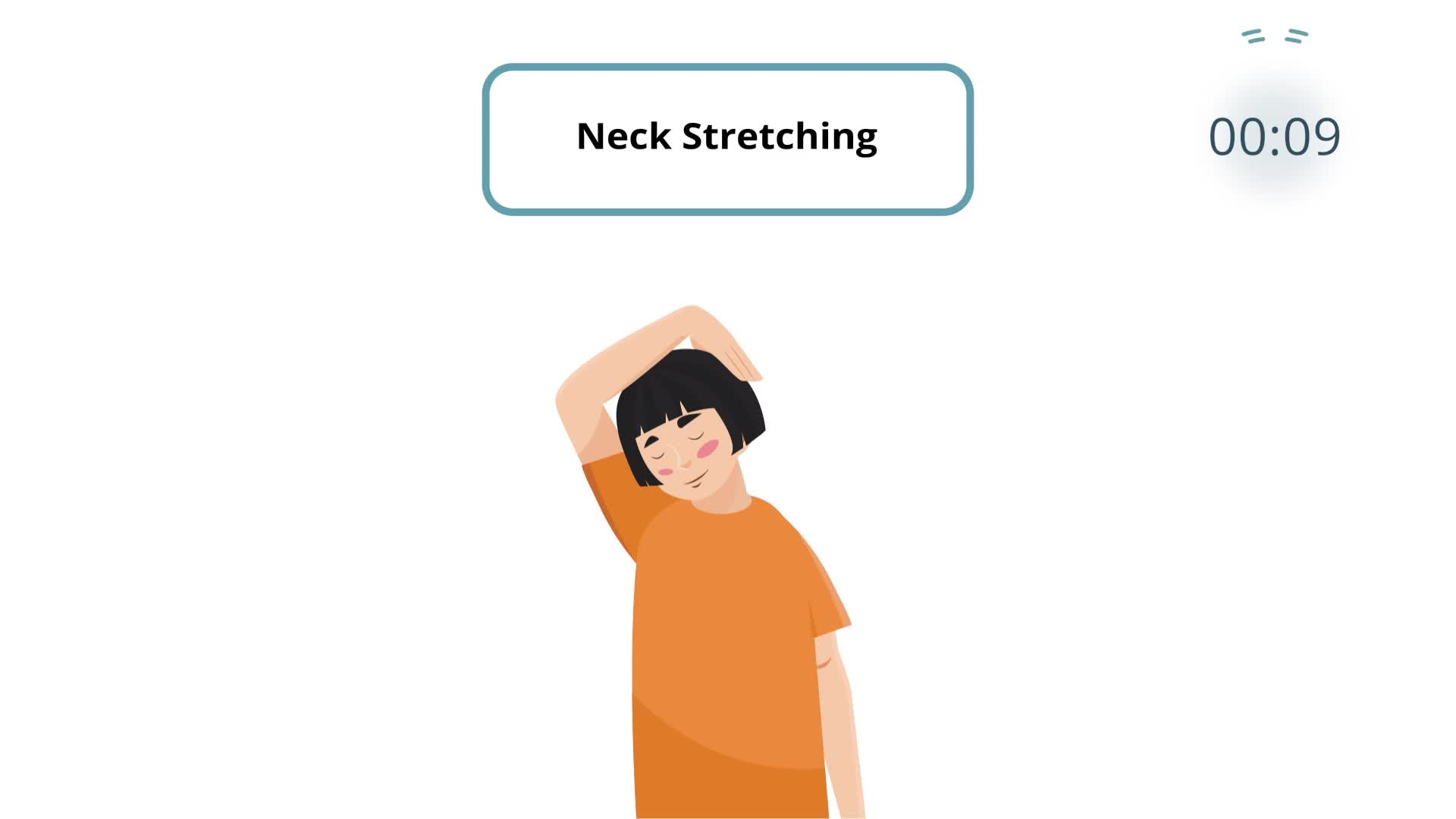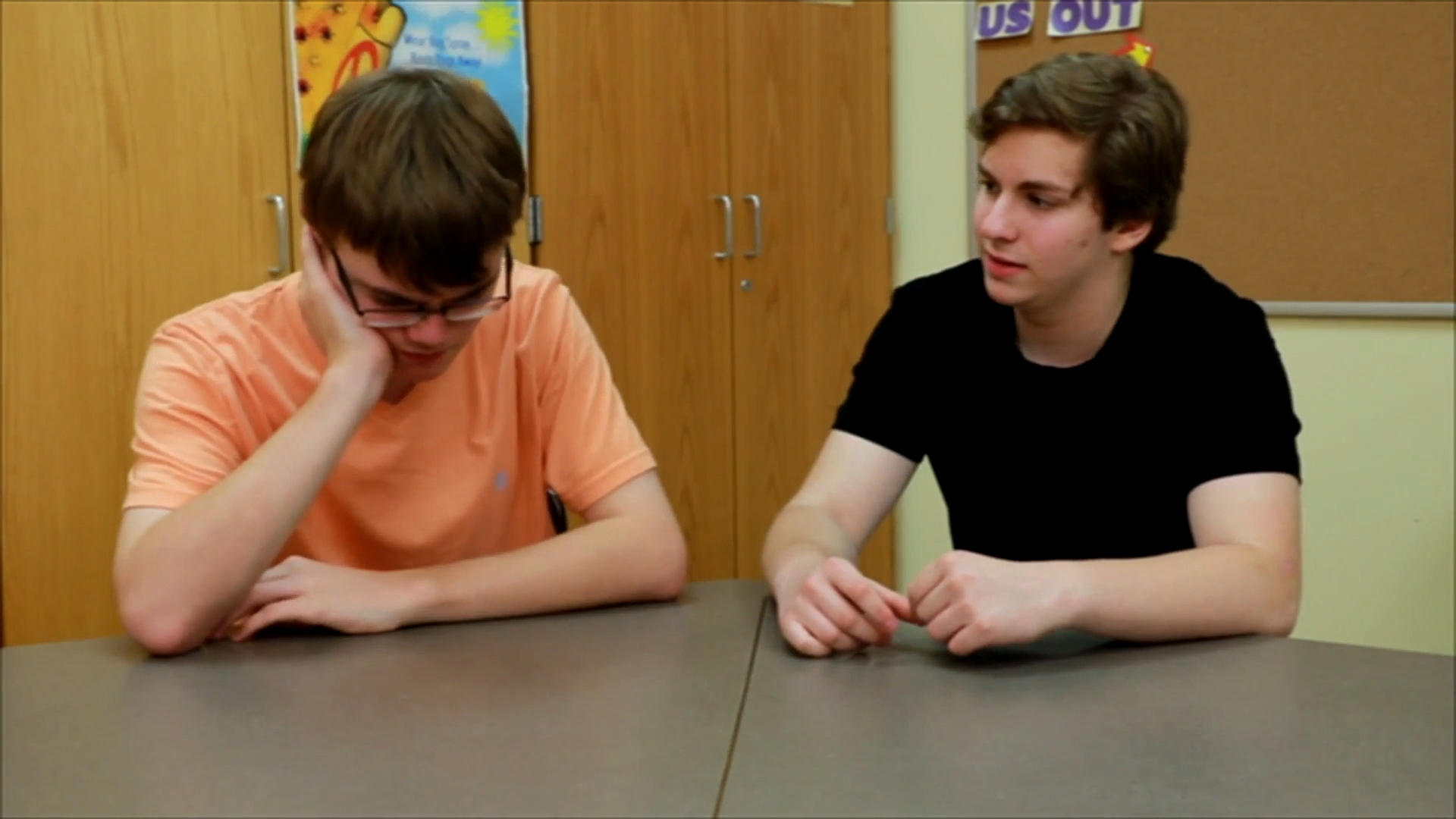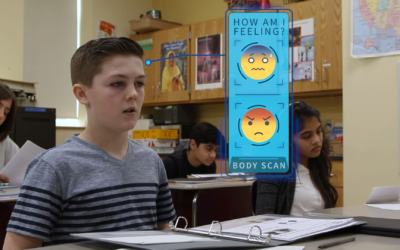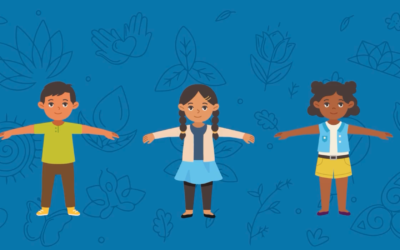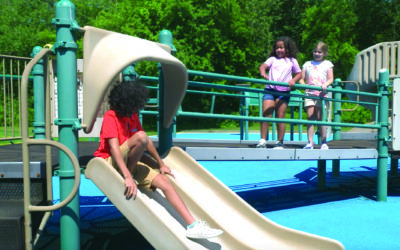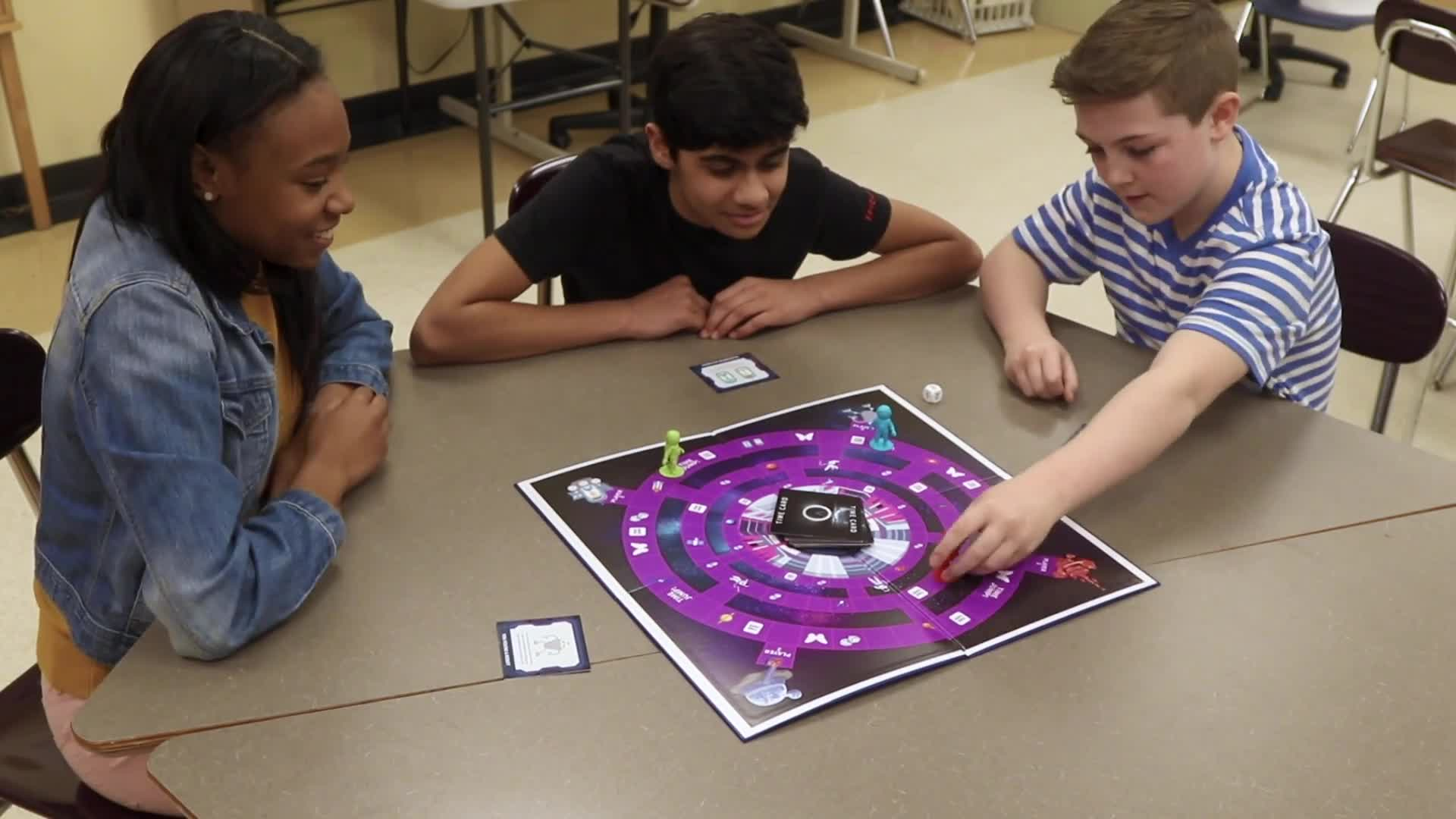Everyday Speech Blog
Social Skill Lesson Plans and Articles
No Results Found
The page you requested could not be found. Try refining your search, or use the navigation above to locate the post.
No-Prep Activities
How We Act in School Bingo: A Fun and Engaging Social-Emotional Activity
Introduction As educators, we understand the importance of teaching students about appropriate behaviors in the classroom to create a positive learning environment. Social-Emotional Learning (SEL) concepts can be seamlessly integrated into the curriculum to help...
Teaching High School Students the Art of Saying No Respectfully
As educators, it is our responsibility to teach students not only academic skills but also essential life skills. One such skill is the ability to say no respectfully. In this blog post, we will discuss the importance of teaching high school students how to say no in...
Unlocking the Power of Body Language in Middle School Communication
Introduction Body language is a powerful tool in communication, and it's essential for middle school students to understand its impact on their interactions with others. By learning about and practicing effective body language, students can convey their thoughts and...
Teaching Conversation Skills to Special Education Students
Developing conversation skills is crucial for students in special education settings. This blog post aims to provide educators with a no-prep activity, discussion questions, and related skills to help students engage in meaningful interactions. By incorporating...
Teaching PreK Students to Stay Calm When Losing: A Guide for Educators
Introduction The ability to stay calm when losing is an essential skill for young children to develop. It helps them navigate social situations, build resilience, and understand that it's okay to experience disappointment. This blog post will discuss an easy no-prep...
Empowering Elementary Students to Be Their Own Decision Makers
Every day, we are faced with numerous choices and decisions. Some are simple, like choosing what to eat for breakfast, while others are more significant. As educators, it's essential to teach our students the importance of being their own decision makers and taking...
Teaching Elementary Students to Become Upstanders Against Bullying
Introduction Bullying is an unfortunate reality that many students face. As educators, it is essential to teach our students not only how to recognize bullying but also how to stand up for others who are being bullied. This concept, known as being an Upstander, is a...
Helping Students Stay Calm and Solve Problems: A No-Prep Activity for Special Education
When faced with problems, it's common for students to become upset and frustrated. This can lead to further complications and strained relationships with peers. In this blog post, we will explore a no-prep activity designed for educators working with students in...
Teaching Students the Power of Ignoring Distractions
Introduction In special education settings, one of the essential skills for students to develop is the ability to ignore distractions and focus on their tasks. Sometimes, it's best to ignore people or situations that may cause upset or annoyance, allowing students to...
Mindfulness Stretching: A Calming Break for Elementary Students
Teaching children mindfulness at an early age can help them develop essential skills for managing stress and focusing on the present moment. In this blog post, we will explore a no-prep mindfulness stretching activity, discussion questions, and related skills for...
Boosting Self-Esteem and Self-Worth: A Guide for High School Educators
Introduction Self-esteem and self-worth are essential components of a student's well-being. While self-esteem is about how we feel about ourselves, self-worth is about believing that we are worthy of love and respect. Both positive self-esteem and self-worth...
Teaching Self-Control with the Self-Controller Scanner for Special Education Students
Introduction Self-control is an essential skill for students, especially those in Special Education programs. Developing self-control can lead to better classroom participation, improved social interactions, and increased emotional well-being. One effective tool for...
Calming Corner: Stretching and Breathing for PreK Students
Introduction As educators, we understand the importance of helping our young students develop self-regulation and focus. One way to achieve this is through the practice of calming activities, such as stretching and breathing exercises. In this blog post, we will...
Teaching Elementary Students to Join Others on the Playground
Introduction Playground time is an essential part of a child's school day, providing opportunities for social interaction, exercise, and fun. Teaching students how to join others on the playground can help them develop important social-emotional skills that will serve...
Teaching Good Sportsmanship: An Essential Social-Emotional Skill for Special Education Students
As educators, we understand the importance of teaching our students not only academic skills but also valuable life lessons. One such lesson is the concept of being a good sport when playing games with friends. In this blog post, we will introduce the importance of...

